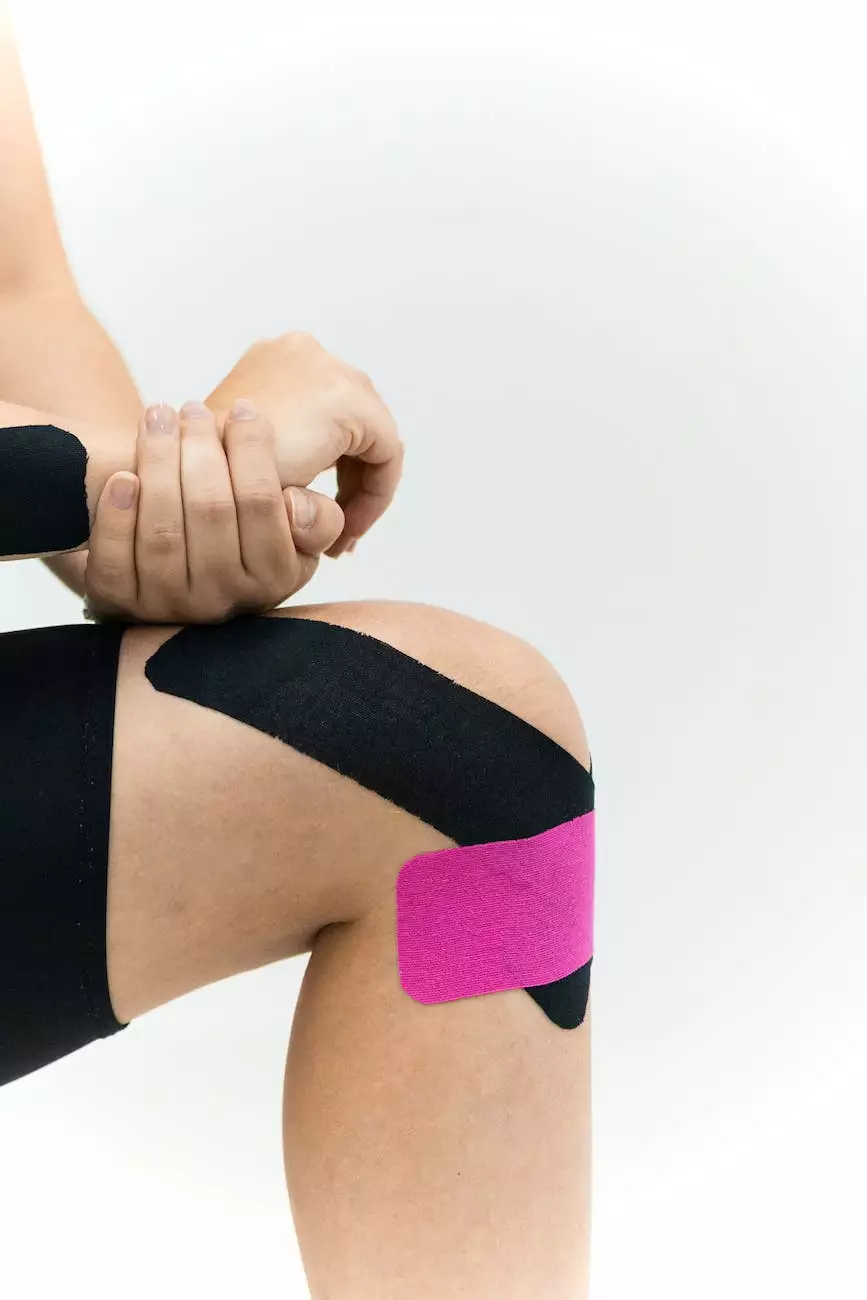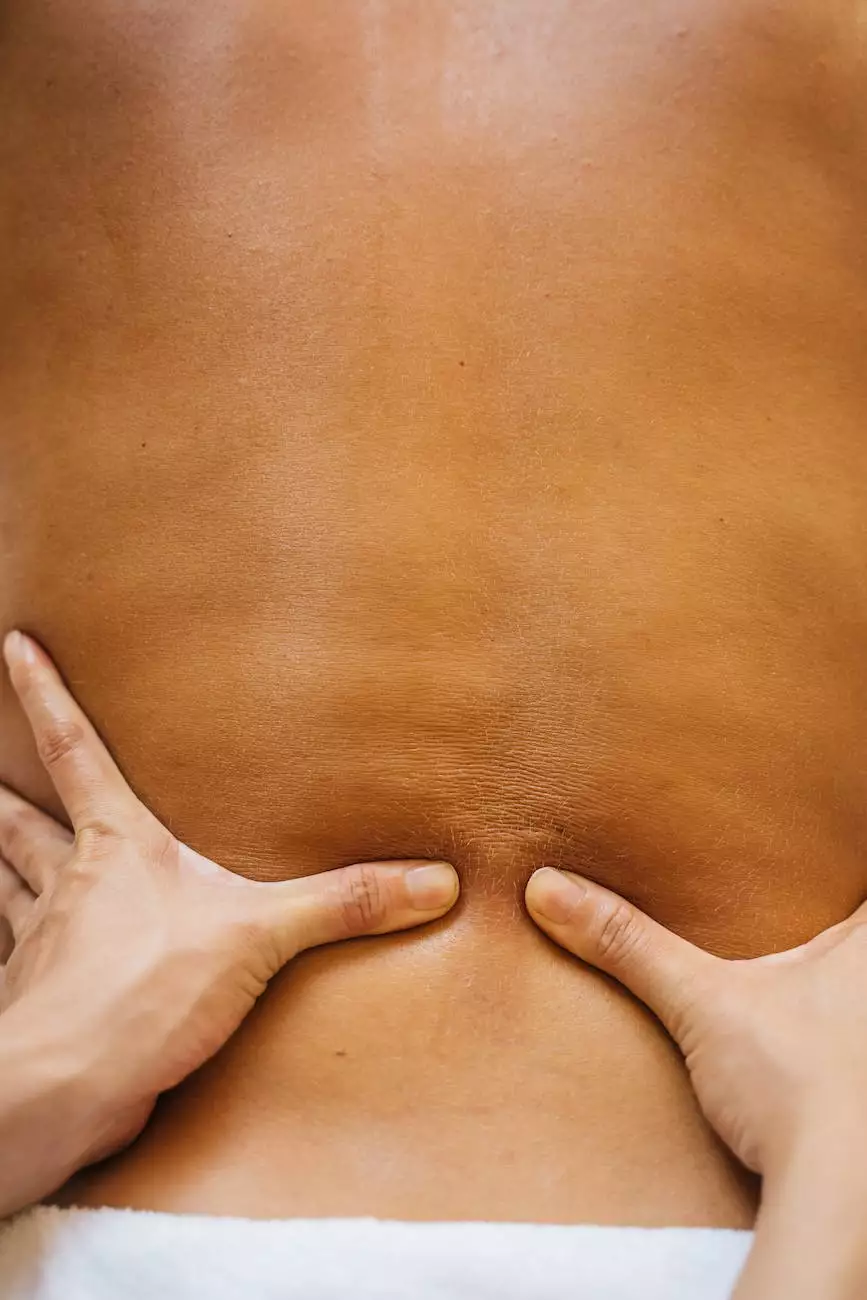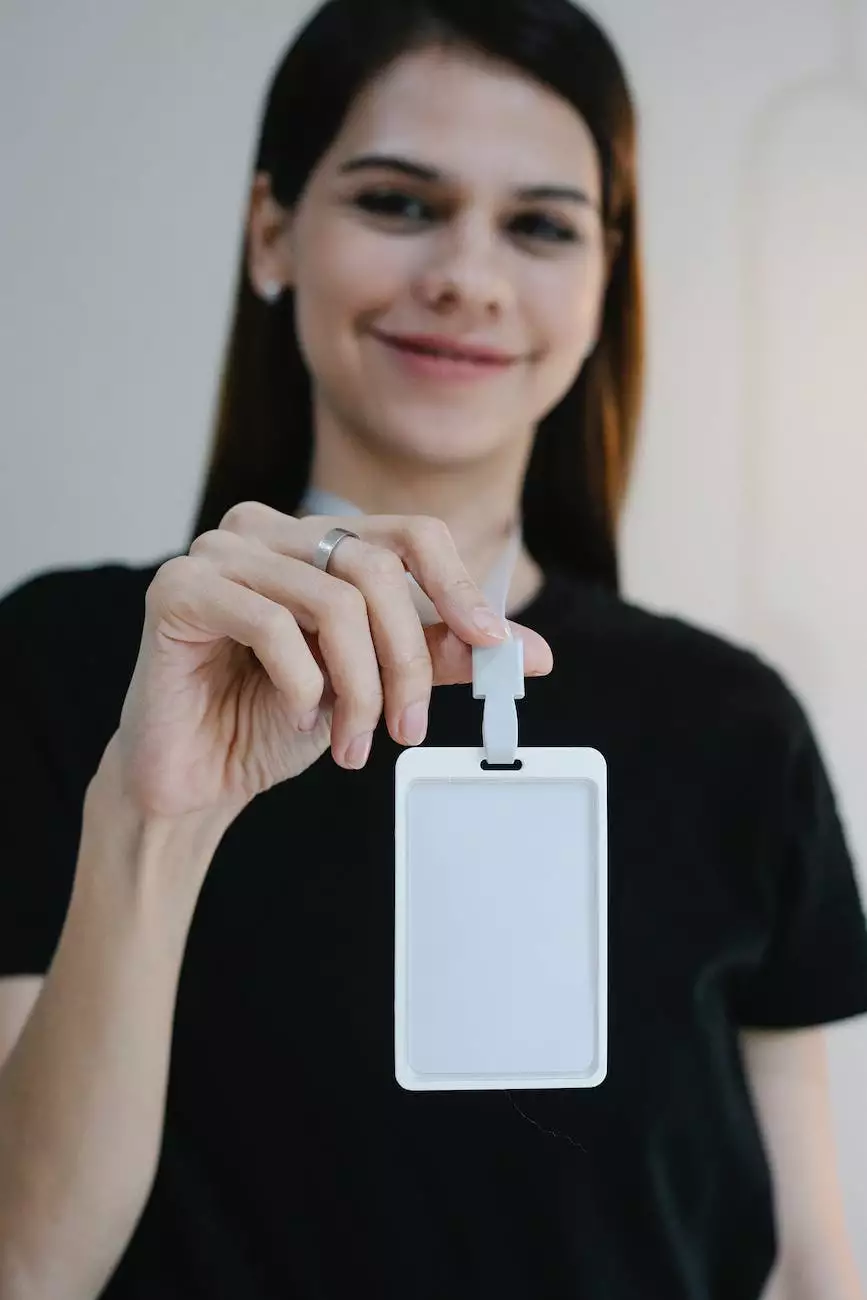Belly Button Pain: 10 Possible Causes and Treatments

Introduction
Welcome to the informative page about belly button pain, where we discuss the various causes and treatments related to this discomfort. Benjamin Shettell, MD is dedicated to providing you with comprehensive healthcare information. We understand the significance of addressing your symptoms and offering appropriate guidance.
Understanding Belly Button Pain
The belly button, also known as the umbilicus, is a vital part of our bodies. Belly button pain can occur due to various factors, and understanding the root cause is essential for effective treatment. Let's explore ten possible causes of belly button pain and the treatments associated with each:
1. Umbilical Hernia
An umbilical hernia refers to a condition where abdominal tissue pushes through a weakened area near the belly button. This can result in pain or discomfort. Treatment options for umbilical hernias range from watchful waiting to surgical intervention, depending on the severity and symptoms.
2. Appendicitis
While appendicitis often presents with pain in the lower right abdomen, it can cause referred pain near the belly button. If you experience severe pain, fever, and nausea, seek immediate medical attention as appendicitis requires urgent surgical removal of the inflamed appendix.
3. Gastritis
Gastritis refers to the inflammation of the stomach lining, which can lead to belly button pain, along with symptoms like nausea, vomiting, or bloating. Treatment involves medication, dietary modifications, and addressing underlying causes such as H. pylori infection.
4. Gastroenteritis
Gastroenteritis, commonly known as the stomach flu, can cause belly button pain, diarrhea, vomiting, and abdominal cramps. Staying hydrated and consuming bland foods can help alleviate symptoms. In severe cases, medical intervention may be necessary.
5. Urinary Tract Infection
A urinary tract infection (UTI) can sometimes cause pain or discomfort near the belly button. It is crucial to seek medical attention for a proper diagnosis and appropriate antibiotic treatment to prevent the infection from progressing.
6. Muscle Strain
Excessive physical activity or an injury can result in belly button pain due to muscle strain. Rest, ice, compression, and elevation (RICE) therapy, along with pain relievers, can aid in the healing process.
7. Ovarian Cysts
Ovarian cysts may lead to belly button pain, particularly if they rupture or cause ovarian torsion. Treatment for ovarian cysts varies depending on their size, symptoms, and the individual's reproductive plans.
8. Irritable Bowel Syndrome
Irritable bowel syndrome (IBS) is a gastrointestinal disorder that can cause belly button pain, along with changes in bowel habits. Managing IBS often involves dietary modifications, stress reduction techniques, and sometimes medication.
9. Kidney Stones
Kidney stones can cause severe pain that radiates to the lower abdomen and occasionally the belly button area. Treatment may include medications to alleviate pain, drinking plenty of fluids, or in some cases, surgical intervention.
10. Abdominal Migraine
Although rare, abdominal migraines can cause intense, recurring pain around the belly button area. Identifying trigger factors and managing pain through prescribed medications and lifestyle changes are essential for those affected by this condition.
Conclusion
Belly button pain can be caused by various factors, and the appropriate treatment depends on the underlying cause. Benjamin Shettell, MD aims to provide you with the necessary information to better understand your symptoms and seek appropriate care. However, it is crucial to consult a healthcare professional for an accurate diagnosis and personalized treatment plan. Take charge of your health and make informed decisions with the guidance of trusted medical practitioners.









